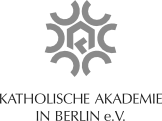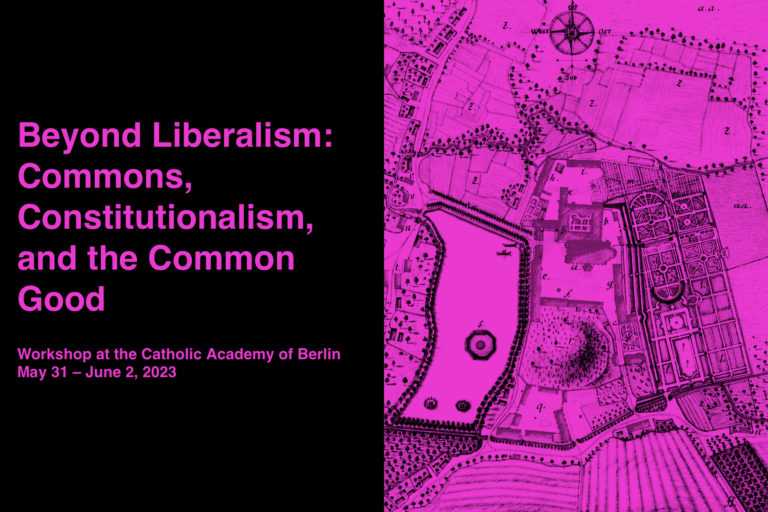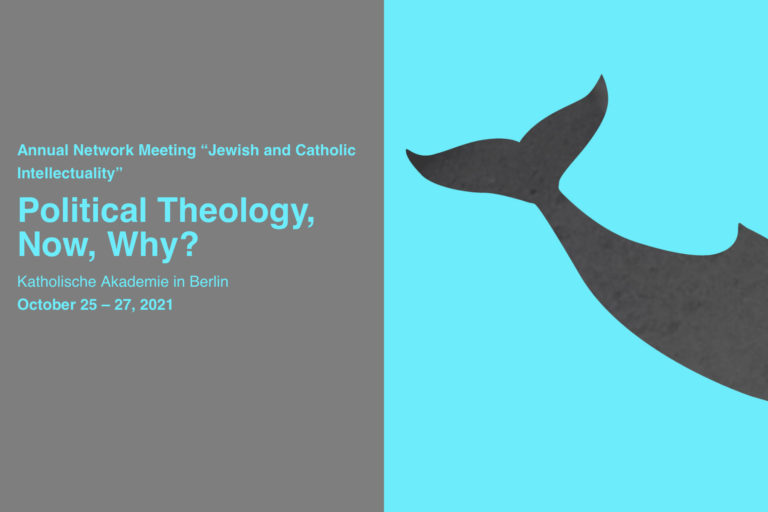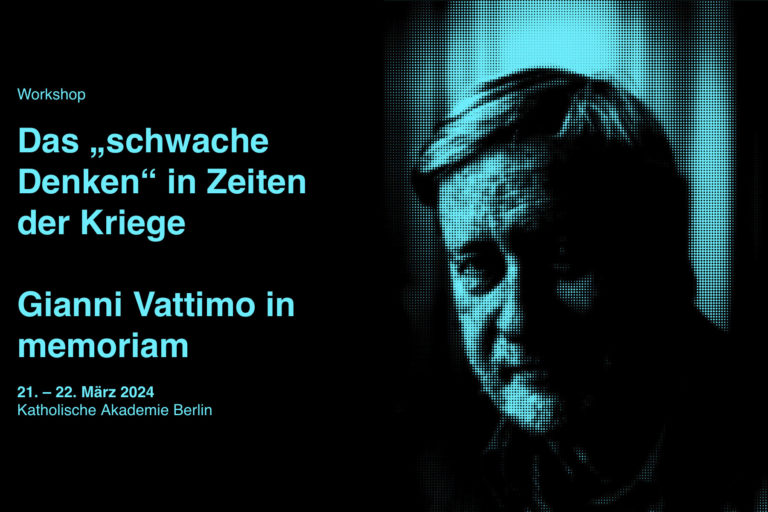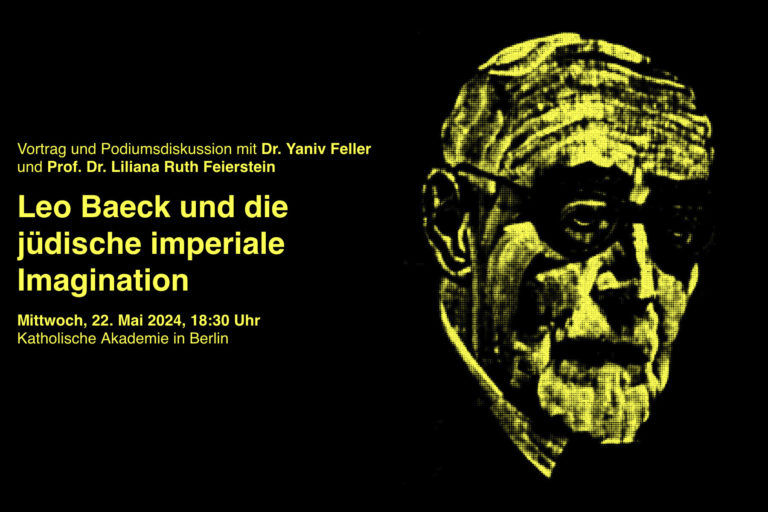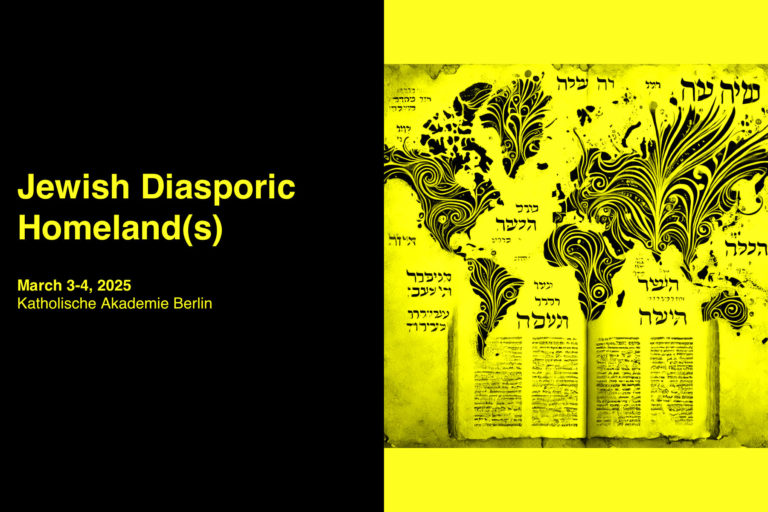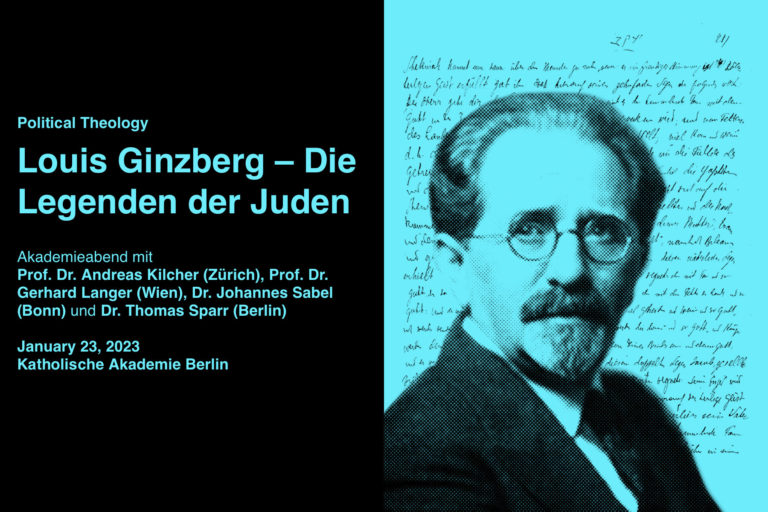Workshop
Re-Thinking Zion:
Altneue Visions of Jewish Politics
Wissenschaftskolleg zu Berlin
In cooperation with the Berlin Center for Intellectual Diaspora
December 12, 2022
Photo: Weingärtner mit Kalebstraube, Wikipedia
Re-Thinking Zion: Altneue Visions of Jewish Politics
Wissenschaftskolleg zu Berlin in cooperation with the Berlin Center for Intellectual Diaspora
December 12, 2022
In recent years, various scholars, intellectuals, and authors have been working on projects that re-visit, re-assess, re-interpret, and re-imagine Jewish politics, both in its modern performance and in its traditional formulations. At the center of these different projects stand the contemporary challenge of re-thinking the relation to Zion, either as a concrete contested geopolitical site or as an abstract symbol of yearning and messianic hope, with a view to new political horizons for Israel and Palestine.
As part of that conversation, we witness the return of Jewish Diasporism as an intellectual stance. It is manifesting itself today through tropes and aesthetics of intellectual ambivalence and uncanniness (unheimlichkeit), growing out of increasing unease with the practices of Jewish nation-statism. And yet, this recent and “presentist” view of Diasporism runs the risk of reducing it to a postmodern, globalist sensibility that fails to acknowledge not only the ways in which it echos periods of global dispersal, massive Jewish immigration, and forced displacement but its deeper theological roots.
The aim of the present workshop is to discuss some of these new perspectives and visions from a cross-disciplinary angle, bringing together philosophers, historians, and religious studies scholars. The conveners envision it as a conversation between Berlin-based academics and international scholars through cooperation between the Berlin Center for Intellectual Diaspora and the Wissenschaftskolleg zu Berlin.
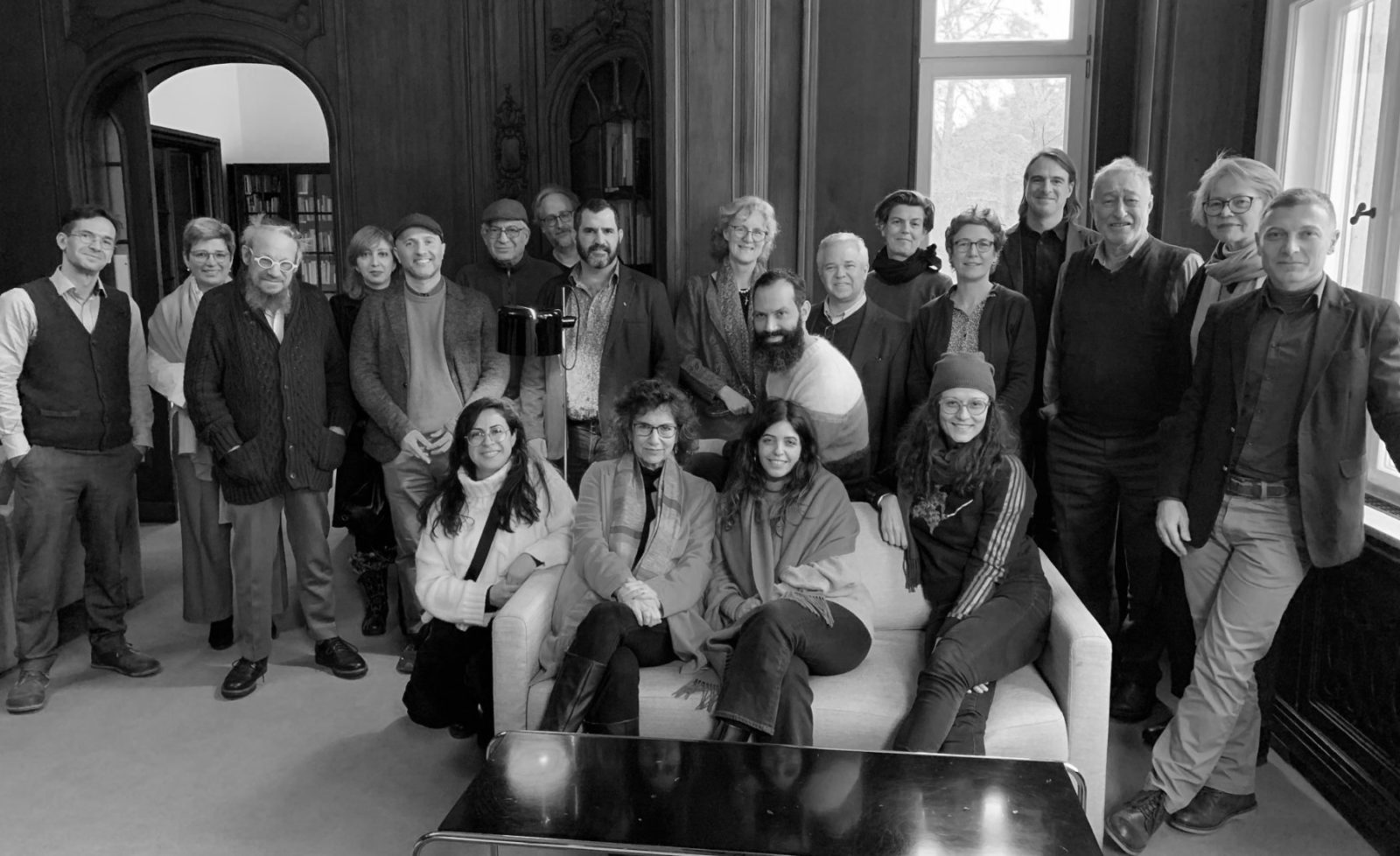
Participants
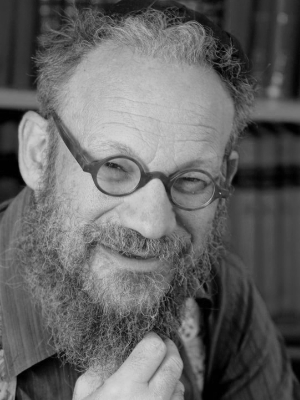
Daniel Boyarin, Taubman Professor Emeritus of Talmudic Culture and Rhetoric, UC Berkeley received his Ph. D. in 1975 from the Jewish Theological Seminary of America. He has been an NEH Fellow (twice), a Guggenheim Fellow, a Fellow of the Institute for Advanced Studies in Jerusalem, a holder of the Berlin Prize at the American Academy in Berlin and a Ford Foundation Fellow. He spent the academic year 2012-2013 as a fellow of the Wissenschaft Kolleg in Berlin and a von Humboldt Forschung Preisträger at the FU Berlin in 2017. He is a fellow of the American Academy of Arts and Sciences since 2006. Recent Publications: A Traveling Homeland: The Talmud as Diaspora (Penn: 2016); Imagine No Religion [with Carlin Barton: Fordham: 2016]; Judaism: the Genealogy of a Modern Notion (Rutgers University Press, 2018).
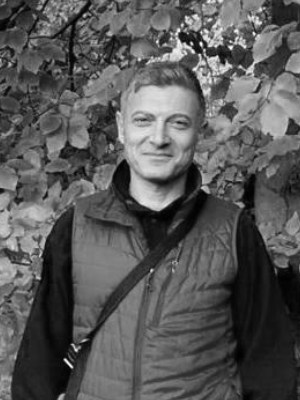
Arie M. Dubnov is an Associate Professor of History and Max Ticktin Chair of Israel Studies at The George Washington University and, at present, a Wissenschaftskolleg fellow. His research is located at the intersection between British imperial history and Jewish history, with emphasis on the place of Jewish intellectuals in the history of twentieth history political thought, the study of nationalism, decolonization and partition politics
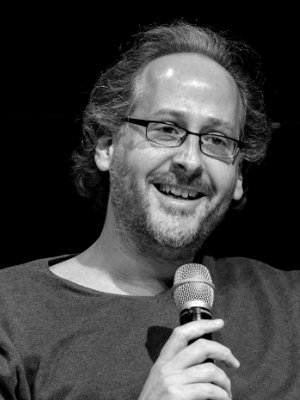
Elad Lapidot is professor for Culture Studies at the University of Lille, France. He specializes in philosophy, Jewish thought and Talmud and was teaching at the University of Bern, Switzerland, the Humboldt Universität Berlin and the Freie Universität Berlin. His work is guided by questions concerning the relation between knowledge and politics. Among his publications: Jews Out of the Question. A Critique of Anti-Anti-Semitism (SUNY Press, 2020), Hebrew translation with introduction and commentary of Hegel’s Phänomenologie des Geistes, Vol. 1 (Resling, 2020), Heidegger and Jewish Thought. Difficult Others, (Rowman & Littlefield, 2018), and Etre sans mot dire : La logiqe de ‘Sein und Zeit’ (Zeta Books, 2010).
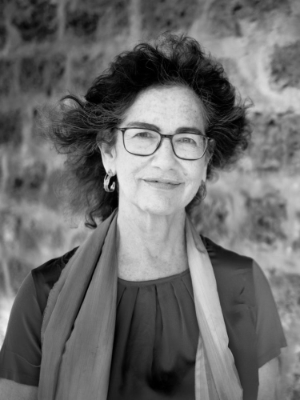
Susan Neiman is Director of the Einstein Forum. Born in Atlanta, Georgia, Neiman studied philosophy at Harvard and the Freie Universität Berlin, and was professor of philosophy at Yale and Tel Aviv University. Her books, translated into many languages, include Slow Fire: Jewish Notes from Berlin, The Unity of Reason: Rereading Kant, Evil in Modern Thought, Fremde sehen anders, Moral Clarity: A Guide for Grown-up Idealists, Why Grow Up?, Widerstand der Vernunft. Ein Manifest in postfaktischen Zeiten and Learning from the Germans: Race and the Memory of Evil. She has also published over one hundred essays. She is the mother of three grown children and lives in Berlin, Germany.
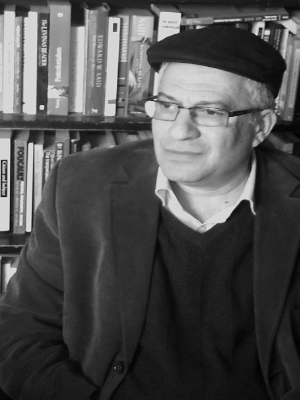
Amnon Raz-Krakotzkin teaches in the Department of Jewish History, Ben Gurion University. He was a fellow at Wiko 2003-4. His recent book “Mishnaic Consciousness, Biblica Consciousness deals with Zionist ambivalent attitude towards the heritage of sixteenth century Safed.
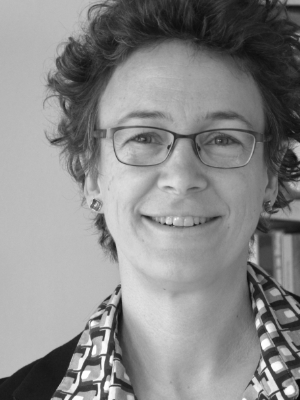
Miriam Ruerup is director of the Moses Mendelssohn Center for European-Jewish Studies (MMZ) in Potsdam. Before moving to Potsdam in December 2020 she was director of the Institute for the History of the German Jews in Hamburg and worked as a research fellow at the German Historical Institute in Washington, DC. Since 2020, Miriam Ruerup is also Head of the Academic Working Group of the Leo Baeck Institute in Germany (WAG). Between 2006 and 2010 she was a postdoctoral fellow / assistant professor at the history department of Göttingen University, working on her still ongoing research project, a history of statelessness in Europe after WWI and WWII and the interaction between the supranational discourse on how to deal with statelessness and the every-day experience of statelessness itself. In 2007 she published her doctorate on the history of German-Jewish Student Fraternities in Imperial and Weimar Germany (title: “Ehrensache” with Wallstein-Verlag, Göttingen). Miriam studied history, sociology and cultural anthropology at the universities of Göttingen, Tel Aviv and Berlin. Formerly she worked for the Foundation “Topography of Terror” in Berlin, the Rosenzweig Center in Jerusalem, the Simon Dubnow Institute in Leipzig.
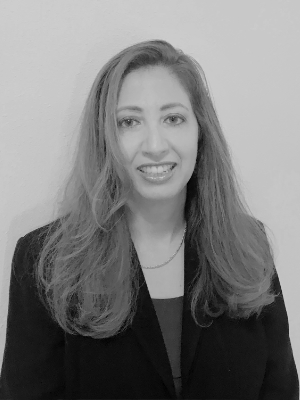
Lena Salaymeh is British Academy Global Professor in the Oxford School of Global and Area Studies (University of Oxford) and Professor in the Section des Sciences Religieuses of the École Pratique des Hautes Études (Paris Sciences et Lettres). She is also Co-Organizer of the Decolonial Comparative Law Project at the Max Planck Institute for Comparative and Private International Law (Hamburg). Salaymeh is a scholar of law and history, with specializations in Islamic jurisprudence, Jewish jurisprudence, and critical theory.
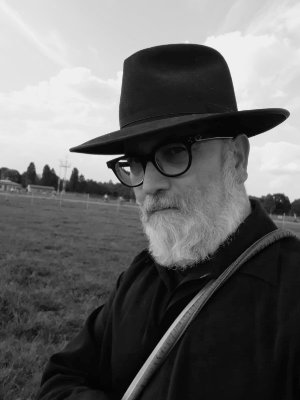
Oded Schechter is a philosopher and talmudist. He lives in Berlin and is the co-founder of the Berlin Makhloykes Center.
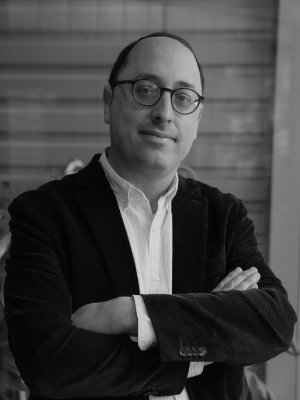
Shai Secunda is Jacob Neusner Professor of Judaism at Bard College (USA), and presently a fellow at the Wissenschaftskolleg zu Berlin. He is the author of The Iranian Talmud: Reading the Bavli in its Sassanian Context (University of Pennsylvania Press, 2014) and The Talmud’s Red Fence: Menstrual Impurity and Difference in Babylonian Judaism and its Sassanian Content (Oxford University Press, 202), which has been recognized as a finalist for the 2022 Jordan Schnitzer Book Award.
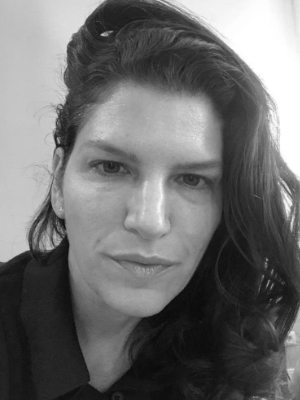
Maya Shabbat is a historian of modern Jewish history, specializing in Jewish immigration from East to Central Europe during the end of the nineteenth century. Her research mainly focuses on the interactions among and between individuals and groups from different origins from Eastern Europe. In her research Imagining the Bildung she deals with migration challenges and self-identity conflicts among immigrants originating from the periphery of the German-speaking area to the Prussian cities during the nineteenth century. Her current research, ‘Hinterzimmer Elite’: The Case of Hebrew Writers in Fin-de-Siècle Berlin, deals with urban spatial questions and their influence on ideas within intellectual circles in Kaiserreich, Germany. Shabbat completed her Ph.D. in Jewish history at Tel Aviv University and is, at present, a research fellow at Potsdam University.
Program
| 9:30 | Greetings |
| 10:00-11:00 | Daniel Boyarin (UC Berkeley): The No State Solution |
| 11:15-12:15 | Arie Dubnov (The George Washington University): The Culture of Political Despair: Exile Plaudit or the Return of Jewish Diasporism? |
| 12:30-13:30 | Elad Lapidot (University of Lille): Postcolonial Zionism in France Today |
| 13:30-14:30 | Lunch (at Wiko) |
| 14:30-15:30 | Susan Neiman (Einstein Forum, Potsdam): Diaspora Alliance |
| 15:45-16:45 | Amnon Raz-Krakotzkin (Ben-Gurion University): The Shekhinah: Zion and Falastin |
| 17:00-18:00 | Concluding discussion |




